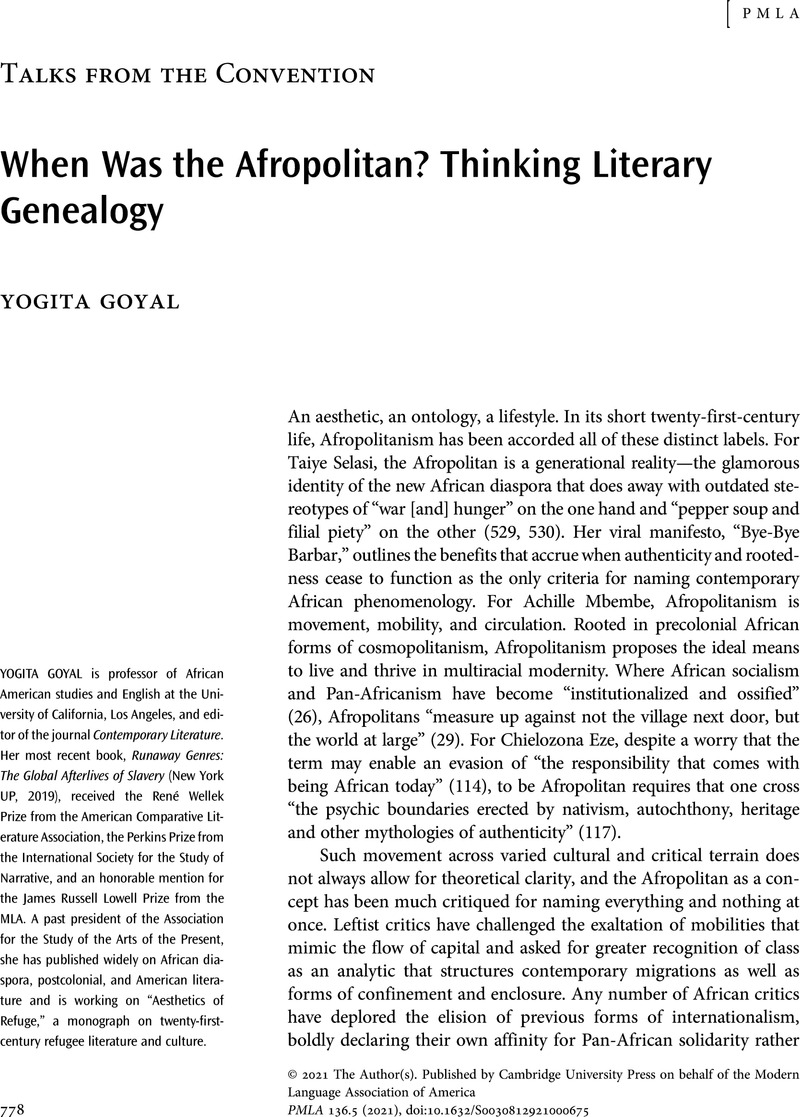Crossref Citations
This article has been cited by the following publications. This list is generated based on data provided by Crossref.
Suárez-Rodríguez, Ángela
2024.
Hopeful Resistance and Solidarity from Below in Imbolo Mbue's How Beautiful We Were.
Complutense Journal of English Studies,
Vol. 32,
Issue. ,
p.
e92443.



